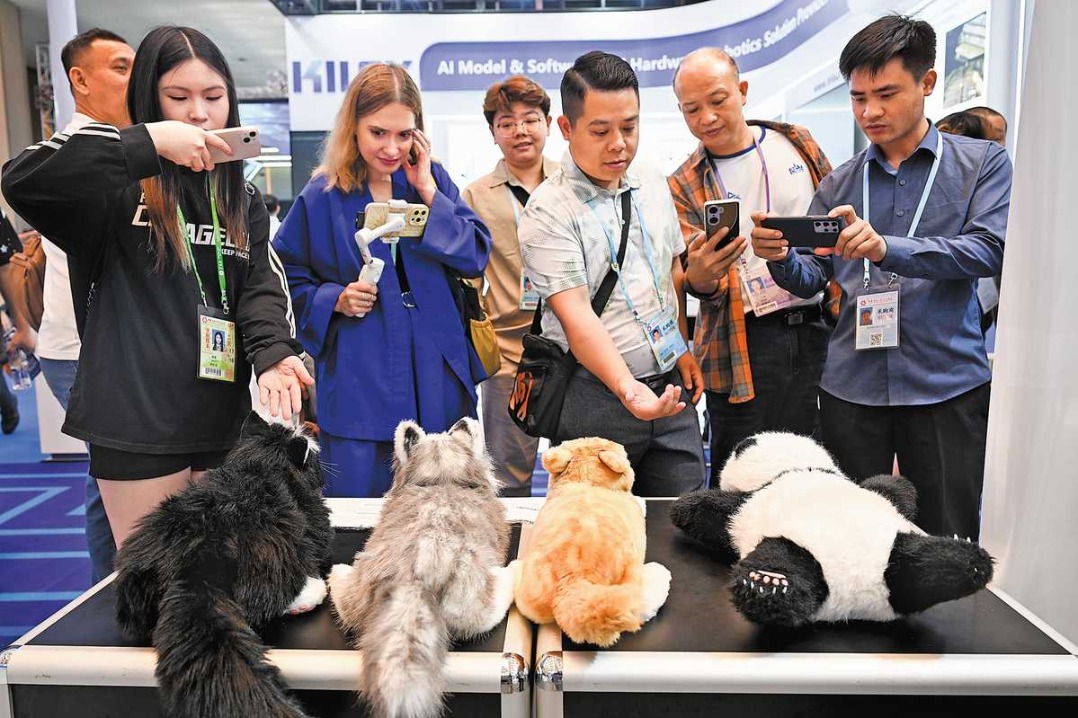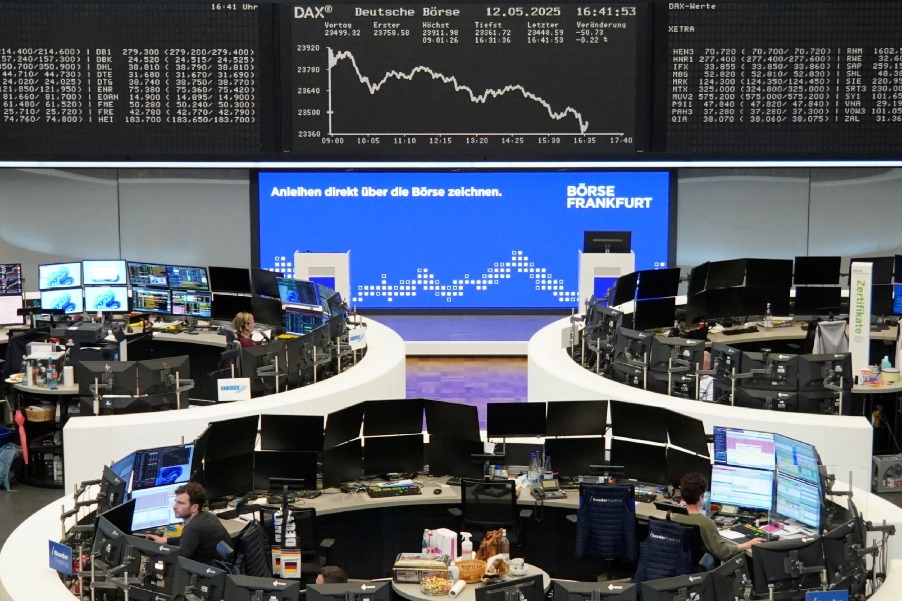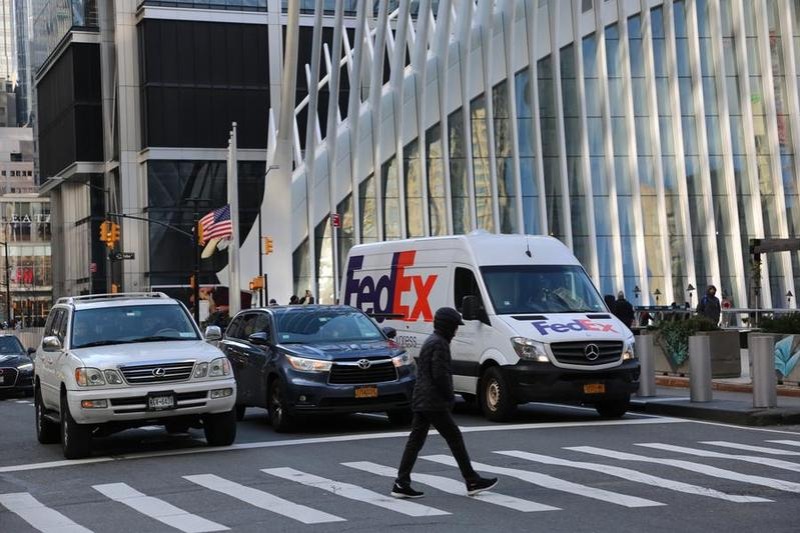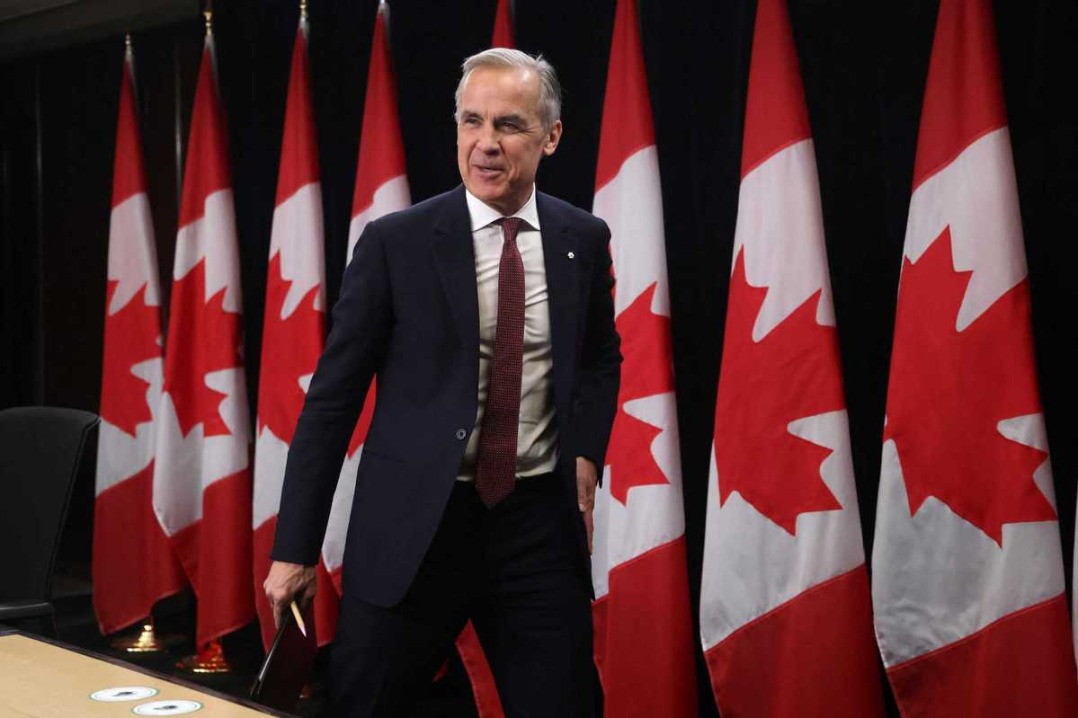Canadians search for ways to improve relations with China

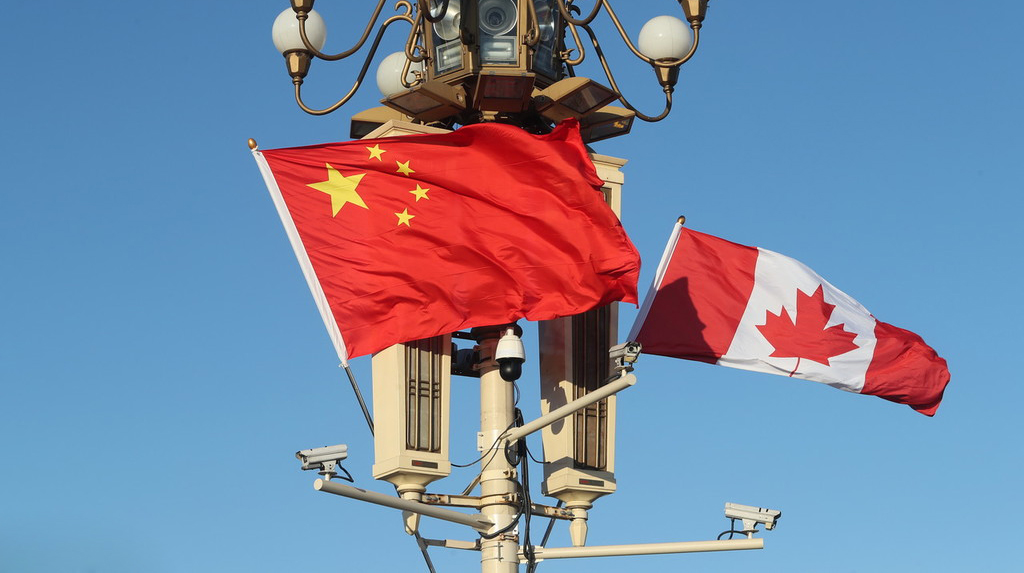
As the diplomatic tension between Canada and China continues, with neither country having a permanent ambassador to the other in place, a diverse group of Canadians is pleading for the nations' once-sound relations to be restored.
Canada has been without a permanent ambassador to China since January, when the envoy John McCallum was fired after making public comments about the case of Huawei Technologies Co Ltd senior executive Meng Wanzhou. Meng was arrested at the request of the US on Dec 1 in Vancouver.
Lu Shaye, China's ambassador to Canada, left the capital Ottawa in June for a new post in Paris. Shaye's successor in Canada has yet to be named.
Among the group calling for the restoration of good relations is Member of Parliament Shaun Chen, who believes that decades of cordial ties between the two countries could help both sides get past their current impasse.
"We are in one of those rocky moments, there is no doubt. But we have always endured, and we will always come out stronger from these experiences," Chen told China Daily at an event hosted by the Guangdong Chamber of Commerce in Canada last week.
"We have a long history of relationship, and throughout Canada's existence, Chinese people have played an important role in this country, starting in the 1800s when 1,700 Chinese workers from Guangdong province came to Canada as migrant workers to build the railroad to unite Canada as a whole," Chen said.
Calling for more dialogue, Chen stressed that it is important to acknowledge the many decades of positive relations built through the countries' economic, cultural and people-to-people ties.
"That is where I believe there continues to be incredible strength to overcome any bumps on the road in this relationship," Chen said.
Diplomatic relations between Canada and China began to bloom 50 years ago, when then-prime minister Pierre Trudeau became the first Western leader to visit China.
However, the relationship has deteriorated rapidly since the arrest of Meng, a consequence of Canada being caught in the middle of the US-China trade dispute.
In May, Chen was part of a parliamentary delegation that visited China, which resulted in the first official conversation between officials of the two governments since the dispute escalated.
"It was important for us to be at the table with the members of the National People's Congress. There, we were able to express Canada's concerns and position," Chen recalled, promising that the legal process involving Meng's case will unfold in an open and accountable way in Canada.
Chen said that once the judge renders a decision, the Canadian attorney general and the Ministry of Justice could review the case and decide whether to approve any extradition to the US.
Toronto City Councillor Jim Karygiannis, a former Liberal lawmaker for 26 years, said the conflict is "really stupid", and "the sooner we resolve it, the better it's going to be".
Karygiannis implored Canada and China to resolve their issues immediately, even if it means that the Canadian side release the CFO of the telecom giant Huawei, as Chinese authorities have sought.
"The point is we have to overcome this in order to put our relationship back to what it was before. (Otherwise), this has dampened trade, relationships, and is certainly hurting people who are trying to do business, for too long now," Karygiannis said.
Karygiannis urged both sides to find ways to bring an end to an "unfortunate" situation.
Samuel P. Luk, a Toronto lawyer, suggested that the sides use a mediator.
"In China, we would try to resolve this issue by mediation," Luk said. "Mediation will be good in the sense that it will be kept confidential on both sides. So I think the same method can be applied to the current China-Canada crisis."
















